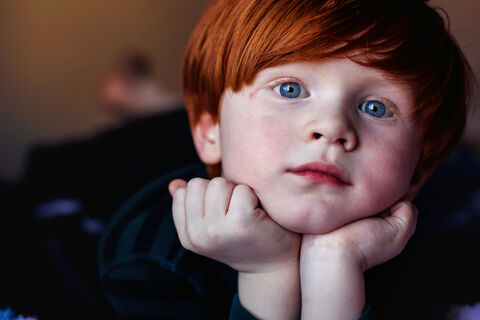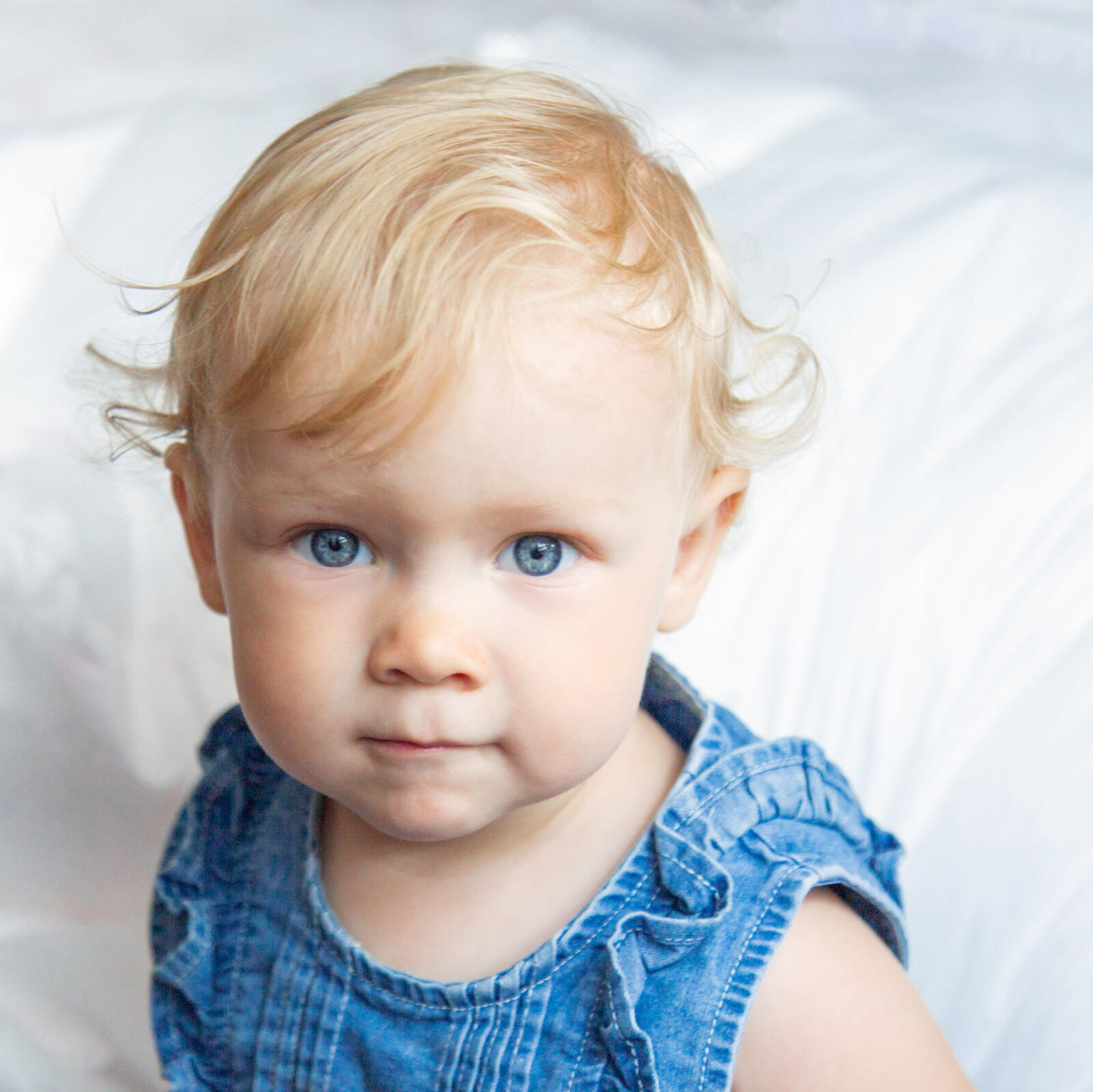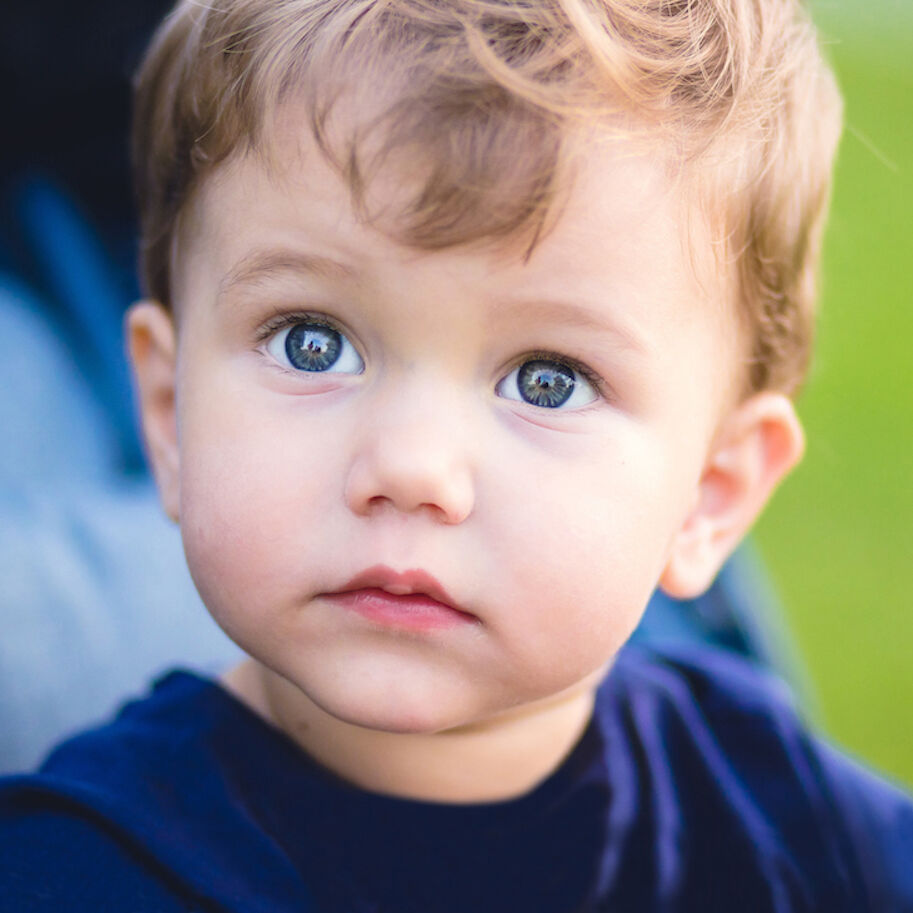Childhood cancer thus also affects siblings who often find themselves in the shadows of a sister or brother suffering from the disease. They too suffer – often silently and without being noticed because the drastic changes put a greater psychological strain on them than their behaviour might suggest.* This is why they are in desperate need of an attentive and appreciative environment to accompany and support them. In turn, parents are faced with a double challenge and are not always able to cope with the difficult situation on their own. This makes it all the more important to get professional help from outside at an early stage so that the emotional strain does not become insurmountable. If families succeed in overcoming this crisis together, they will ideally emerge from it stronger.
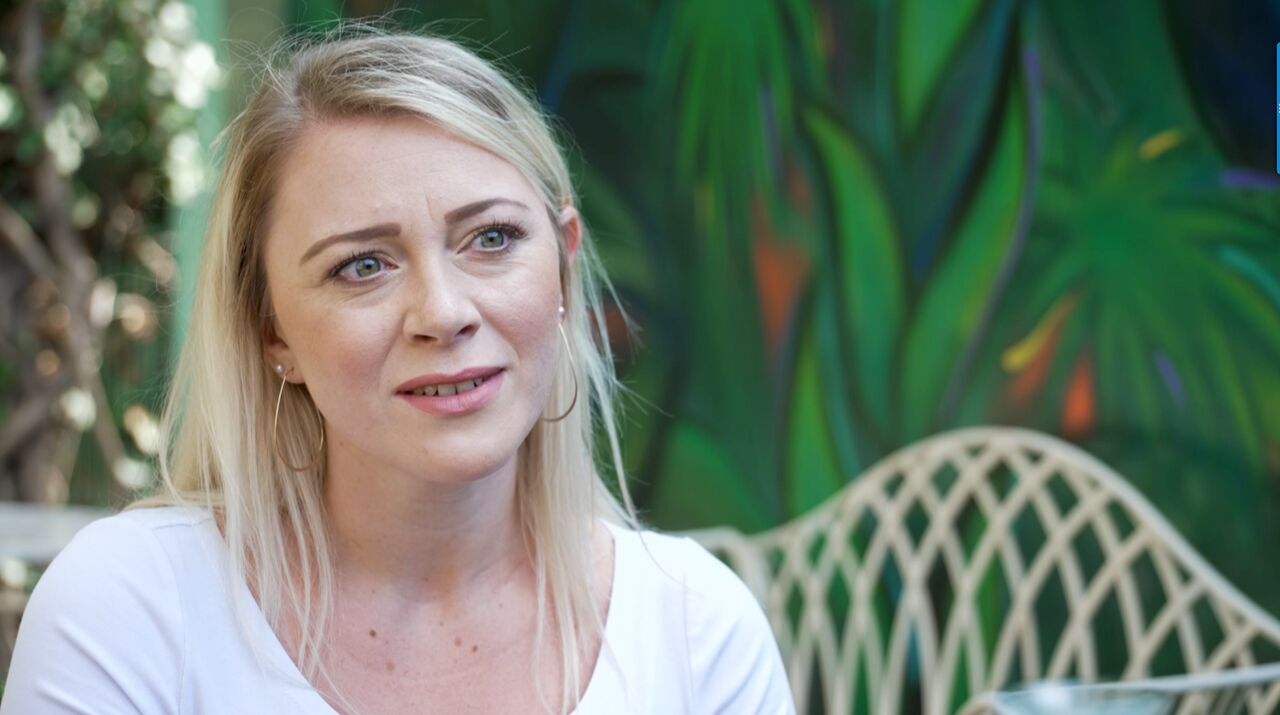
"It was always clear to me that I would put my own life on hold for my brother – whatever"
Interview with Olivia Frick, sister of two brothers with cancer
How do children experience their sibling’s illness?
When a child has cancer, the emotional and social balance of the whole family is rocked. Siblings experience the fears, worries and insecurity of their parents while, at the same time, being affected by them themselves. They too have to come to terms with this completely new situation and are often left to their own devices. The parents’ attention and the everyday organisation of what goes on at home now have to revolve almost exclusively around the child with cancer. Since the parents are often not only physically but also emotionally absent, siblings lose the support and security they actually need in this extreme situation. Looking back, those affected say that they suffered from this loss, felt neglected, unloved and lonely. As the health of the sick child has to be the main focus – thus taking up most of the parents’ time – siblings often get a raw deal. Suddenly, there is no time for social activities children are used to taking part in, such as weekends together, hobbies and family holidays. Some children spend a long time being looked after by others because one parent is in hospital with the sick child while the other works to provide financial security for the family. In turn, parents often struggle with feelings of guilt because they cannot give much time and attention to their healthy children and suffer from the double burden.
"I suddenly had the feeling I had two sick children"
Andrea Meyer*, mother of two daughters
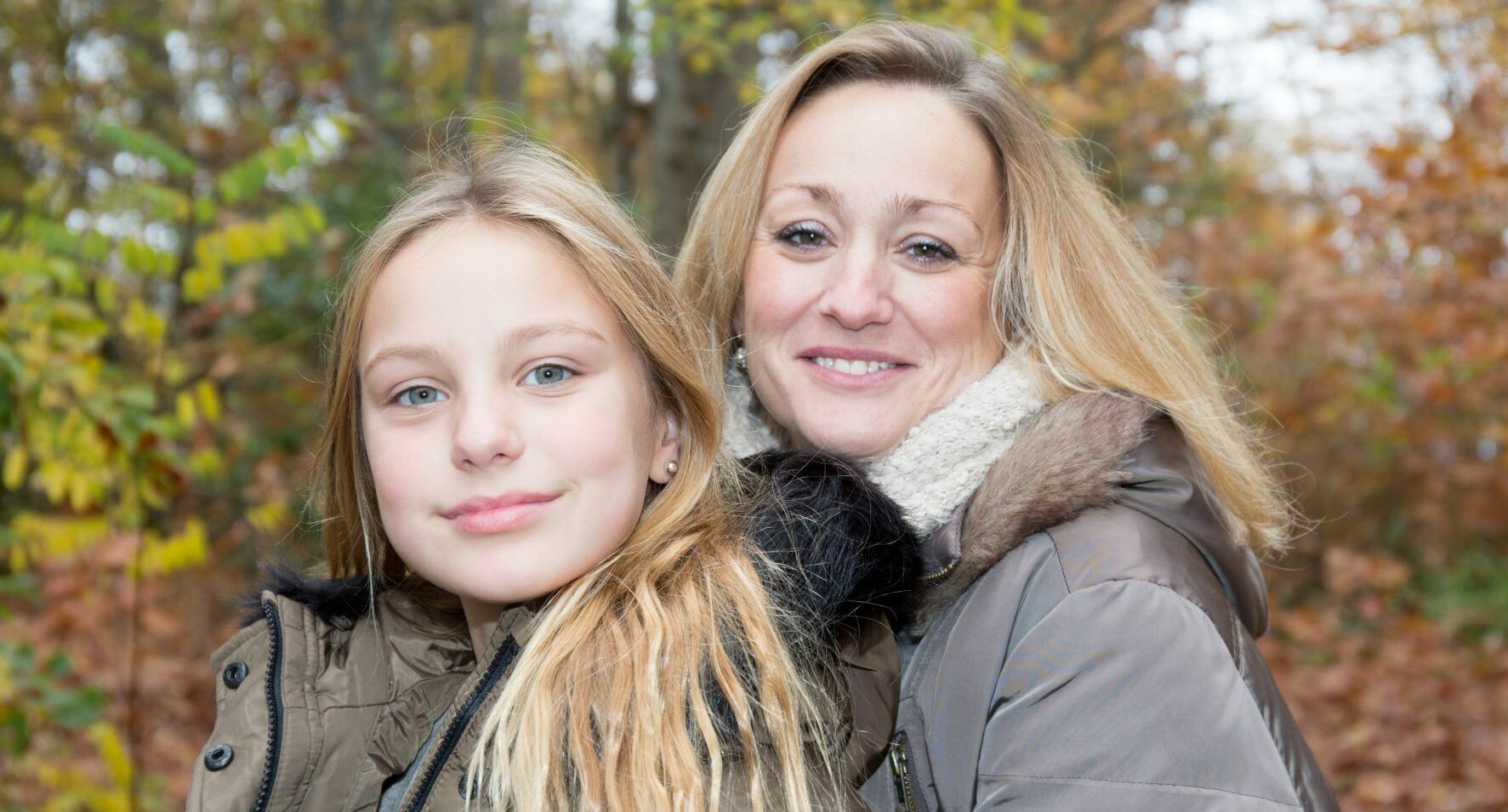
How do siblings react to the extreme situation?
Every child/adolescent is unique and just how much a person suffers depends on a lot of different factors. While some siblings openly show feelings of fear, loneliness, jealousy, envy, anger and even guilt, others are more restrained. The latter tend to hold back their feelings in order to protect their parents. While outwardly they show very little and appear to be bearing up well under the circumstances, inwardly they struggle with their emotions and suffer “in silence”. Indicators might be physical symptoms, such as headaches and stomach aches for example, or sleeping or eating disorders. Siblings may have behavioural problems as a reaction, such as aggressive outbursts or withdrawal from social relationships, and can experience a drop in concentration and performance at school. The range of feelings and reactions is thus wide and often contradictory. Some siblings come out of the illness more mature inside, feeling more independent and empathetic. The trust and strong cohesion within the family are also seen as positive. However, if it is not possible for them to come to terms with the experience, fears, insecurity, feelings of guilt and depression can remain and these sometimes accompany those affected for the rest of their lives.
What do siblings need?
Children want to be taken seriously and be allowed to help in difficult situations. Parents can be supportive by actively involving the sibling in what is going on, giving them information about what is happening and generally showing appreciation for their help. Open and age-appropriate communication about the disease and the therapy, giving them the opportunity to ask questions and talk about their feelings helps, as does appreciating what they do to help and what they are having to do without. Hospital visits are also important because they give siblings the chance to develop a realistic view of what is happening with their brother or sister. In this extreme situation, siblings desperately need the care and attention of their parents. This could perhaps take the shape of small time-outs, rituals or conversations that focus exclusively on them. Having their own social life with friends, activities and interests – spaces and times that are detached from their sibling’s illness – is equally important for their psychological well-being. Parents often feel out of their depth in this balancing act between normality and the exceptional circumstances they are now facing. This is why it is essential to inform the sibling’s social environment, such as school or nursery, about the situation and to get outside support if needed. This may also include psychological support if the emotional burden becomes too great for the sibling.
"It helps children to know they can talk to those closest to them about anything"
Kerstin Westhoff, Oncopsychologist
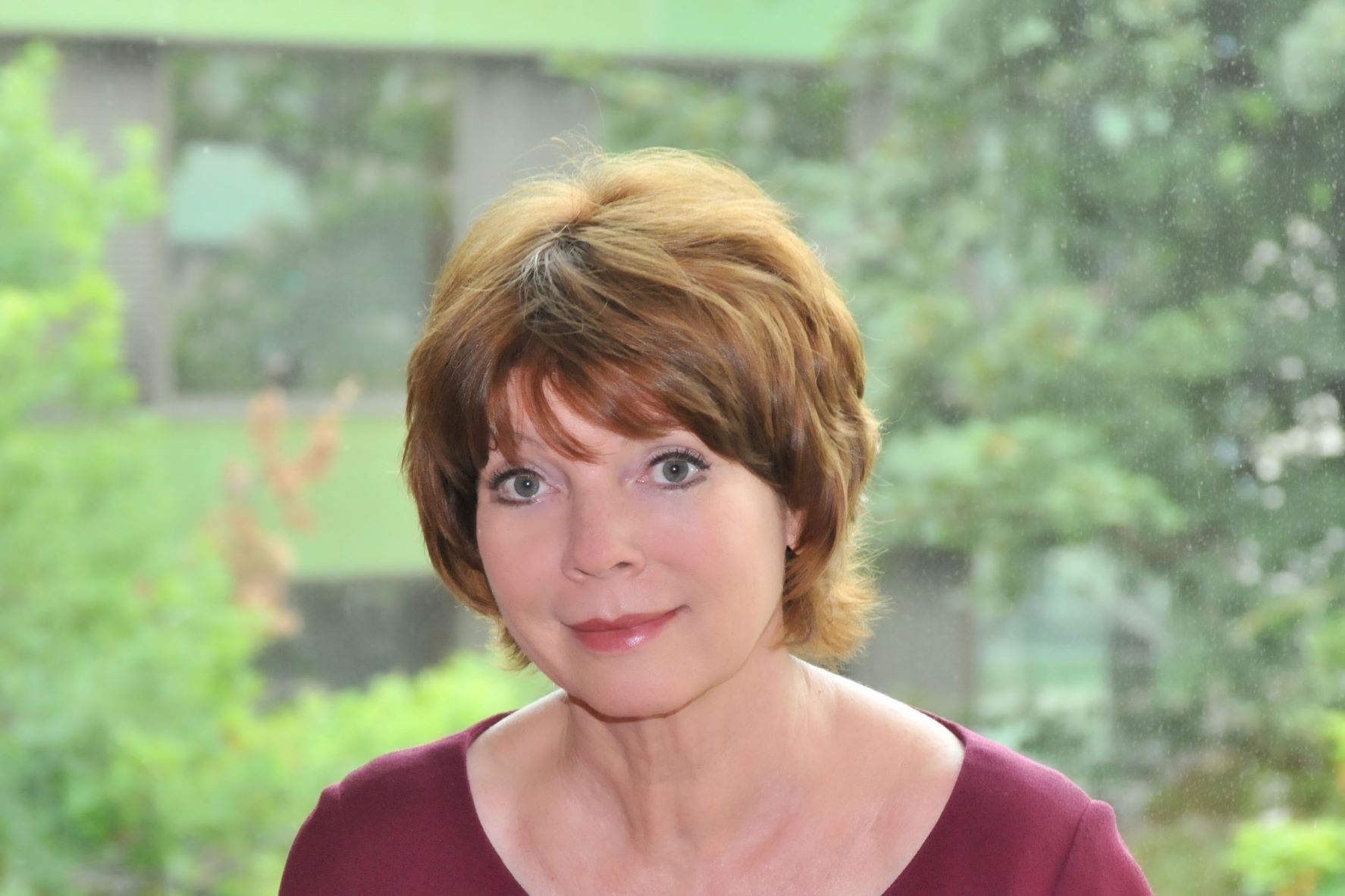
What kind of support is available for families?
If family resources alone are not sufficient to cope with such a crisis, early professional support is recommended. This can make a decisive contribution to reducing the immense strain for all family members. The psycho-oncological care offered in children’s hospitals is therefore aimed at children with cancer, their parents as well as their siblings. Our member organisations offer numerous support services to help families get through the crisis better. These range from short “breathers” for parents through leisure activities for families and holiday camps for children with cancer and their healthy siblings to co-financing rehabilitation stays. Spending time together in a family-oriented rehabilitation clinic is particularly helpful after the intensive treatment has been completed. Here, everyone can gather new strength, deal with the strain of the long therapy period and return to a new normality of everyday life with professional support. We are committed to ensuring easier access to family-oriented rehabilitation because it is so beneficial for everyone affected. To ensure that parents of children with cancer are also better protected legally, we campaign for them at a political level. For example, the care leave introduced in 2021 ensures that parents have more time to care for a seriously ill child. Ideally, healthy siblings also benefit from this. The aim of these offers and measures is to provide families with targeted support during one of the most difficult phases of their lives and to give them strategies to overcome this crisis as unscathed as possible.
